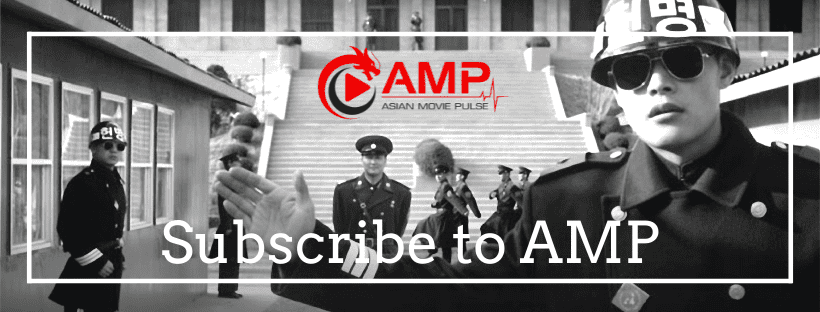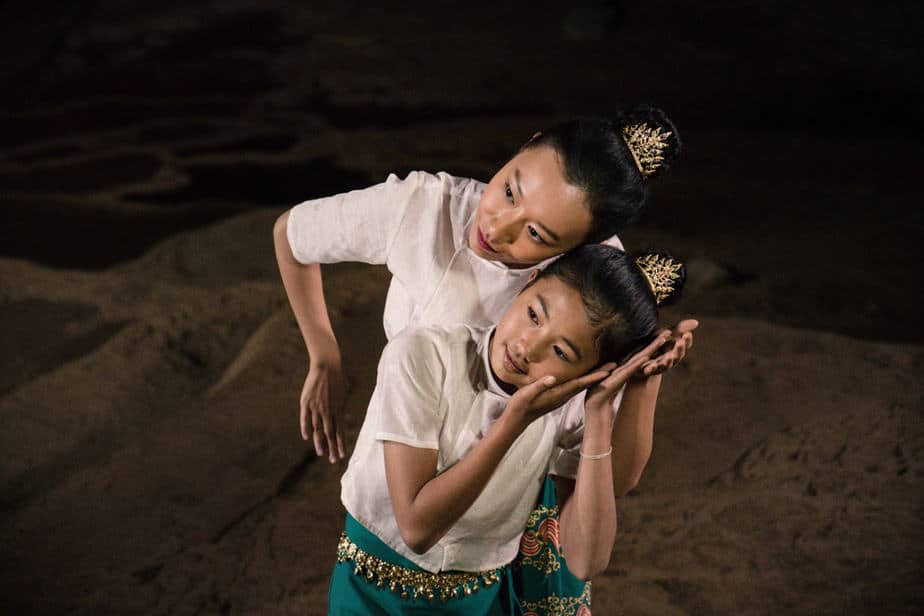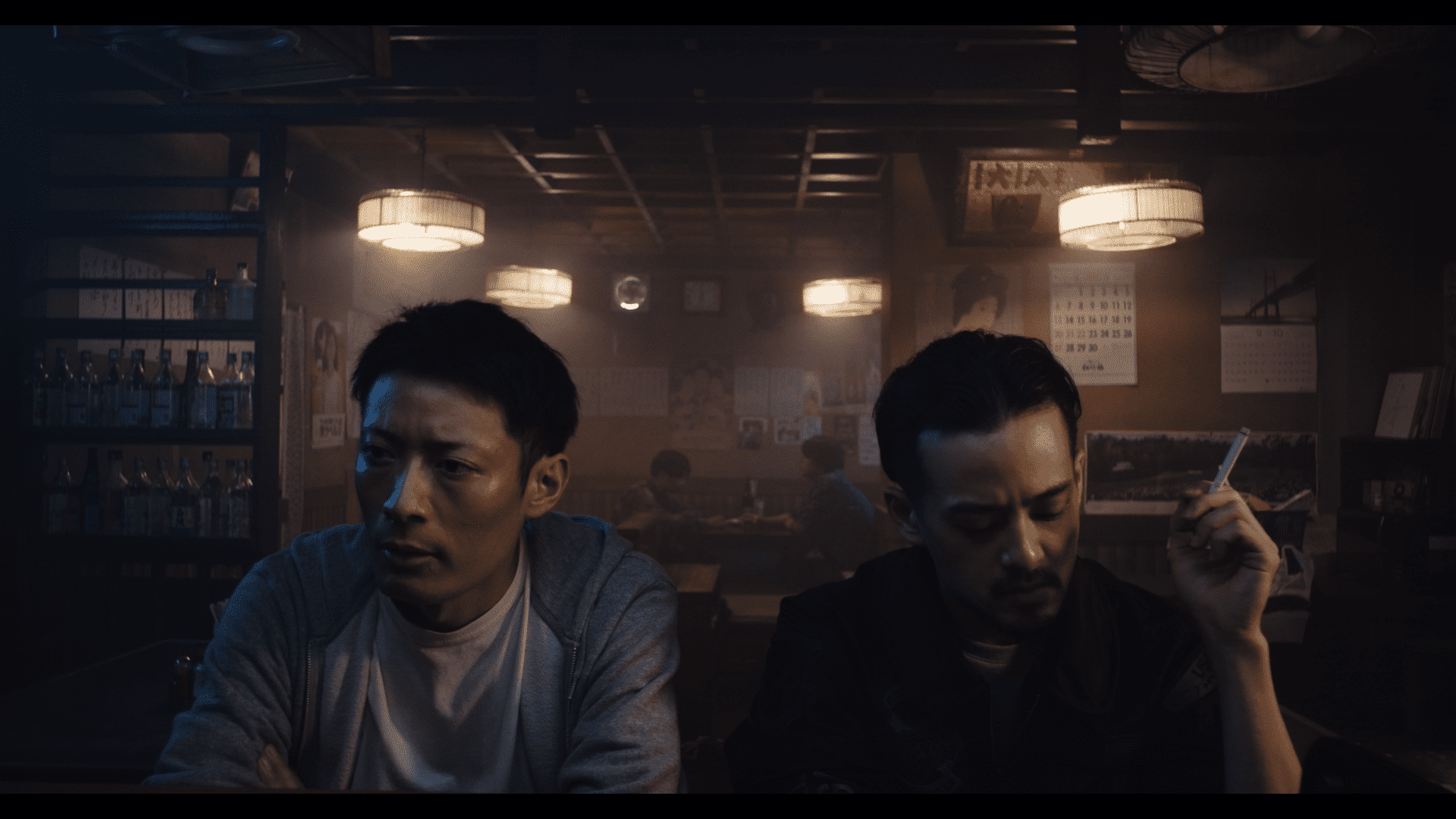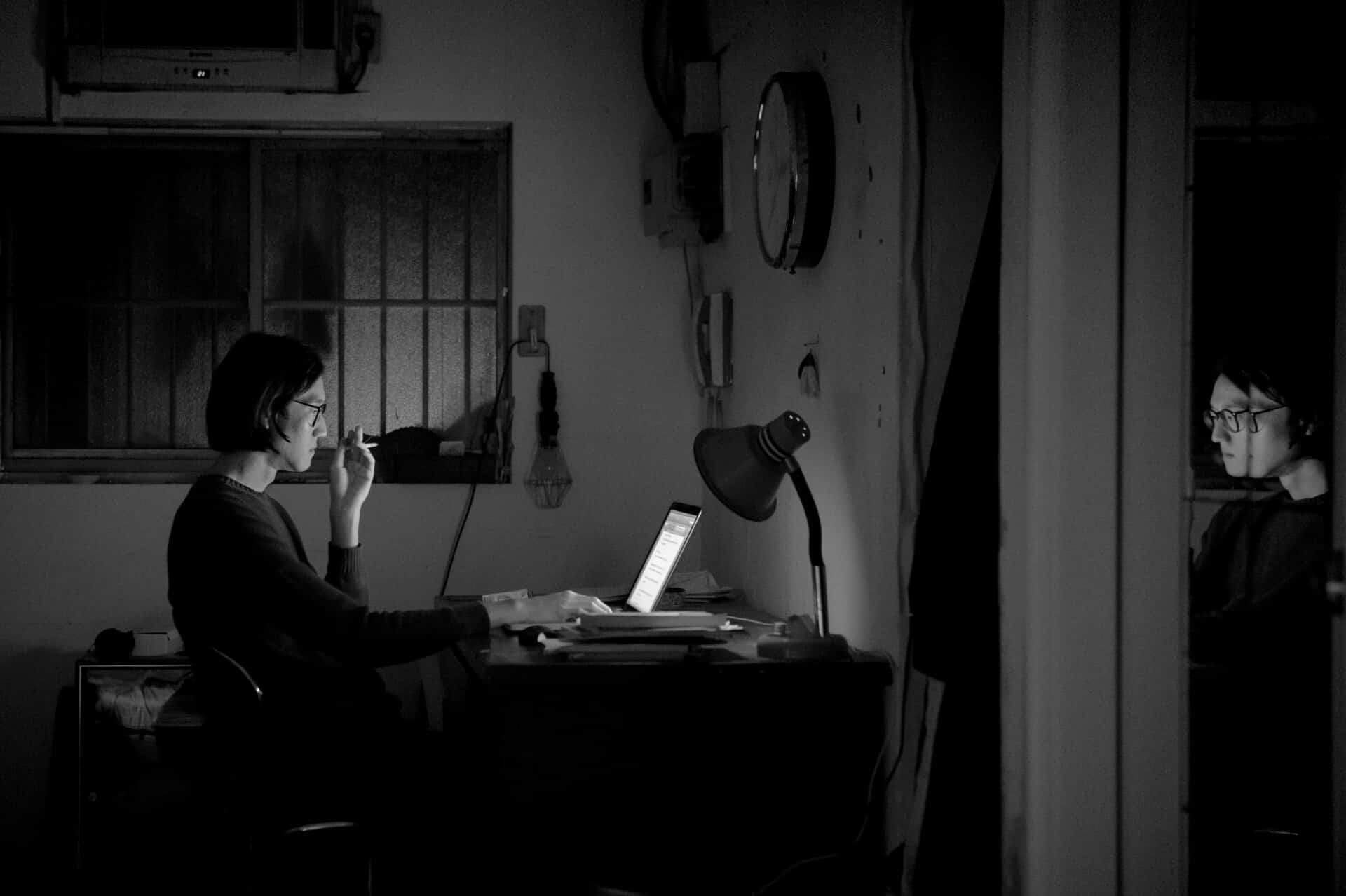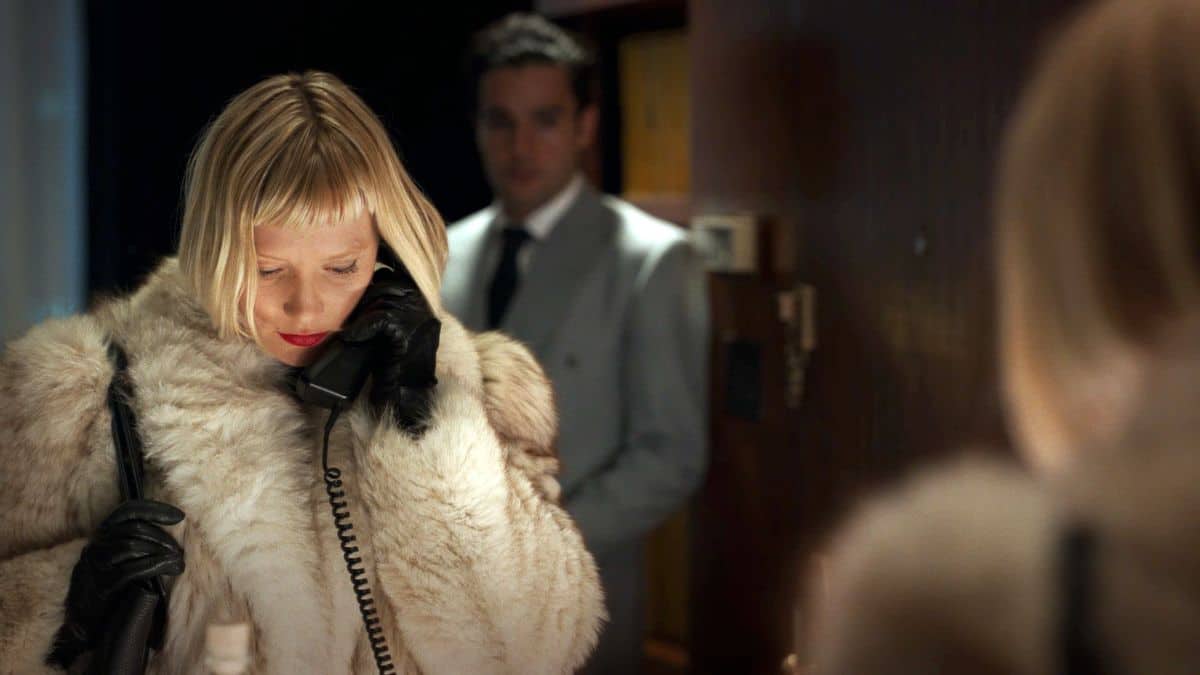Sundance welcomed Randall Park (“Fresh Off The Boat”) this year – though not as an actor, but as a director. The iconic face of Asian America debuted his first directed piece in the packed Eccles Theater last week, greeting crowds tittering in anticipation. “Please be gentle,” he beseeched audiences before the premiere. “This film is not about like-able people.”
Shortcomings was nominated for the Grand Jury Prize in Sundance's US Dramatic Competition.
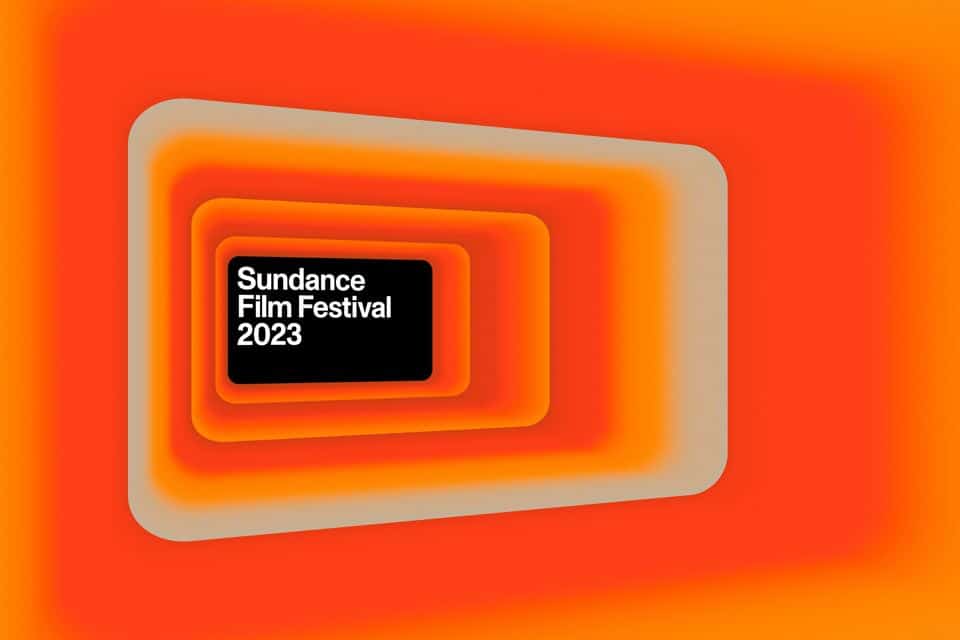
Park's warning was well-said. Instead of a feel-good meet-cute or a saccharine romantic drama, “Shortcomings” is about, well, the various shortcomings of modern-day dating. Park first sets the stage at the heart of the festival: in the movies. The film opens with a gross parody of “Crazy Rich Asians,” wherein misanthropic cinephile Ben Tagawa (Justin H. Min, “After Yang”) walks out in disgust. His more politically-inclined partner, Miko (Ally Maki), however, is proudly supportive. As an industry person herself, she believes in the mission of Asian American representation at all costs. When the two have one too many arguments about the future of movies (and their relationship), however, they decide to take a break. Miko flies to New York for an internship while Ben stays in Berkeley. Their bi-coastal break-up gives way to romantic experimentation until one day, Ben hits rock bottom. And like any other Californian at their lowest, he flies to New York — and finds out that Miko's internship is not all that it's cracked up to be.
Throughout the film, Ben's irredeemable character is hard to watch. Like Adam Tomine's original graphic novel, Ben indulges in a typical rice-cel fantasy. He freely fancies white women, while he bemoans white male-Asian female coupling. Justin H. Min's portrayal successfully both repels and pulls at heartstrings, wherein his Ben oscillates between the cynical perpetrator and the softboy romantic. Min somehow makes the full gamut of Ben's personality work, however, maintaining the consistency of character through body language and tonal nuance — revealing not a bipolar character, but a man of multiplicities.
And at first glance, one could simply chalk up Ben's plight/karmic retribution to Min for the talent on his person. After all, this performance resonates with his last role in “After Yang,” where he plays the subdued role of a stoic, yet tender, elder robot brother. Ben's presence is really made somewhat palpable though due to his character foil: his lesbian best friend and graduate school dropout, Alice (Sherry Cola). Sherry Cola's fuck-all persona makes for a hilarious Jiminy Cricket, where she seems to be the only one with the slightest bit of moral consciousness on camera.
The two also complement each other in larger meta-debates on racialization. Compared to Ben – who consciously thinks about his and others' racialized and sexual relations to one another – Alice refreshingly exists casually in a world of people. Identification and representation is not necessarily it, Alice continues to admonish. At the end of the day, it is perhaps more like – as Randall Park's cameo quips – about the content of one's character.
This insert on representation — whether racial or queer or woman-based or otherwise — is timely at this year's festival. Just a mile away on Main Street, the first official AAPI House at Sundance opened their doors. While films like “Everything Everywhere All At Once” sits on the awards horizon, talks within the Sunrise Collective noted that there is so much more to be done. After all, Asian-identifying creatives in Hollywood are still but a small minority within the larger industry. Park manages to raise these questions in a comedic manner in “Shortcomings,” giving his audiences both a good laugh first and then a good think after.
In this vein, “Shortcomings”‘ real strength is in its scriptwriting. Living in the SF Bay Area, I have met many Bens; as a queer graduate student, I have befriended many Alices; and being film-adjacent, I know many Mikos. There is no one singular good or bad person in the movie (except, okay, Ben is arguably more of a jerk than anyone else). Everyone is prone to their own flaws. As such, Randall Park invites his viewers to relate to not just one, but each character in the film, seeing reflected pieces of themselves in the shards of the characters on-screen. The pitch-perfect colloquial banter and linguistic details aside, “Shortcomings” really excels as a character study of everyday millennial life.
In the end, then: who is “Shortcomings” for? Certainly, Randall Park developed a sharp commentary on contemporary Asian American politics, capturing – in a rather comedic manner – film-centric debates of our times. One could say that “Shortcomings” is just tailored for Asian Americans, for Bay Area residents, for graduate students, or so on — but in the end, it's ultimately about the human condition. It is just unfortunate that, despite the script's continual emphasis on universal themes of betrayal, longing, and friendship, the movie will likely be pigeonholed into another ethnically-catered watch.



